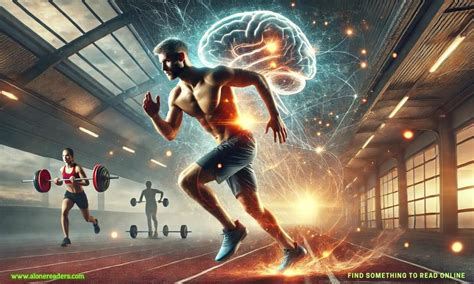Which **sleep tech** optimizes recovery & cognitive function for daily peak?
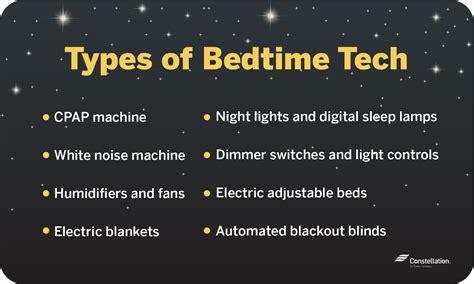
The Crucial Link Between Sleep, Recovery, and Cognitive Excellence
In today’s demanding world, achieving daily peak performance isn’t just about hard work; it’s profoundly about effective recovery and sharp cognitive function. And at the heart of both lies sleep. As awareness grows regarding sleep’s critical role, a burgeoning market of ‘sleep tech’ has emerged, promising to unlock deeper rest, faster recovery, and unparalleled mental clarity. But with a myriad of devices and solutions, how do we discern which technologies truly deliver on their promise to optimize our nightly reset for maximum daily output?
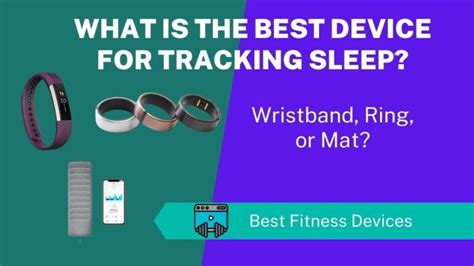
Decoding Sleep: Understanding Its Impact on Recovery & Cognition
To appreciate sleep tech, one must first grasp the science of sleep itself. Our sleep cycles, characterized by stages like REM (Rapid Eye Movement) and non-REM (NREM) deep sleep, are vital for distinct biological processes. Deep sleep is the body’s primary repair phase, essential for physical recovery, muscle repair, hormone regulation, and immune system fortification. REM sleep, on the other hand, is crucial for cognitive processing, memory consolidation, emotional regulation, and learning.
Disrupted or insufficient sleep in either stage can lead to impaired physical recovery, reduced athletic performance, slower reaction times, poor decision-making, and diminished mood. Sleep technology aims to monitor, improve, or manipulate these sleep stages and environmental factors to enhance both restorative and cognitive benefits.
Wearable Sleep Trackers: Your Personal Sleep Analyst
Wearable devices like smartwatches (e.g., Apple Watch, Garmin) and smart rings (e.g., Oura Ring) have revolutionized personal sleep tracking. These devices use accelerometers, heart rate monitors, and sometimes skin temperature sensors to estimate sleep stages, heart rate variability (HRV), respiratory rate, and movement. By providing granular data on sleep duration, quality, and patterns, they empower users to identify trends and make informed lifestyle adjustments.
Optimizing recovery through wearables comes from understanding your deep sleep percentage and HRV, which is a key indicator of autonomic nervous system balance and recovery status. For cognitive function, monitoring REM sleep patterns can provide insights into brain activity and mental restoration. The best wearables offer actionable insights, not just raw data, guiding users towards better sleep hygiene and recovery protocols.
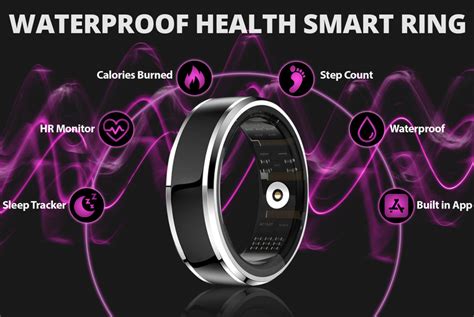
Smart Beds & Environmental Controls: Crafting the Ideal Sleep Sanctuary
Beyond wearables, more integrated sleep tech focuses on the sleep environment. Smart mattresses (e.g., Sleep Number, Eight Sleep) offer dynamic support, adjusting firmness throughout the night, and temperature regulation to optimize comfort. Temperature is a critical factor for sleep onset and maintenance, as our bodies naturally cool down to initiate sleep. These beds can precisely manage microclimates, ensuring you stay in the optimal thermal zone for deep and uninterrupted rest.
Complementing smart beds are environmental controls like smart lighting systems (e.g., Philips Hue) and smart blinds. By integrating with wake-up alarms, these systems can gradually brighten your room, mimicking a natural sunrise to gently rouse you, improving morning alertness and aligning with your circadian rhythm. Conversely, they can dim evening lights to signal bedtime, promoting melatonin production and preparing your mind for sleep.
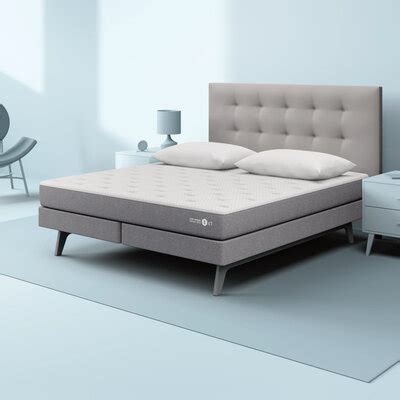
Sound & Light Therapy Devices: Guiding Your Brain to Rest
Sound machines offer various auditory experiences, from white noise to binaural beats. White noise can mask disruptive sounds, creating a consistent auditory environment conducive to sleep. Binaural beats, specific audio frequencies, aim to entrain brainwaves into states associated with relaxation and deep sleep, potentially enhancing sleep quality and cognitive rest.
Light therapy, particularly through specialized lamps or glasses, plays a dual role. Blue light blocking glasses or screen filters can mitigate the disruptive effects of evening screen time on melatonin production, aiding sleep onset. Conversely, dedicated light therapy lamps delivering bright, full-spectrum light in the morning can help regulate circadian rhythms, combat seasonal affective disorder, and boost morning alertness and cognitive function.
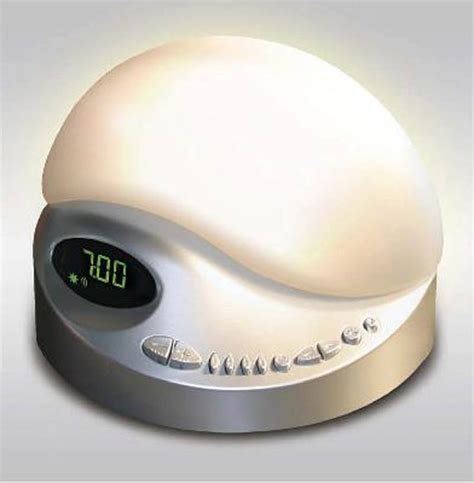
Advanced Brain & Body Recovery Tools
Some sleep tech delves deeper into neurological and physiological recovery. Devices utilizing Pulsed Electromagnetic Field (PEMF) therapy, for instance, claim to promote cellular repair and relaxation, potentially aiding deeper sleep and recovery. Smart eye masks (e.g., Dreem) incorporate EEG sensors to monitor brain activity, offering neurofeedback that plays specific sounds to enhance deep sleep phases, directly targeting the restorative aspects of sleep. Similarly, guided meditation apps and biofeedback devices can teach users to self-regulate stress and anxiety, paving the way for more peaceful and effective sleep.
Choosing the Right Sleep Tech for Your Peak Performance
Selecting the best sleep tech depends on your specific needs, budget, and desired level of engagement. Consider:
- Your Primary Goal: Is it better physical recovery, improved cognitive function, falling asleep faster, or understanding your sleep patterns?
- Accuracy & Insights: How reliable is the data, and does the device offer actionable advice, or just raw numbers?
- Integration: Does it fit seamlessly into your lifestyle and potentially integrate with other health apps or smart home devices?
- Comfort & User Experience: Will you actually use it consistently?
While no single device is a magic bullet, a combination of technologies tailored to your individual physiology and environment can create a powerful ecosystem for sleep optimization.
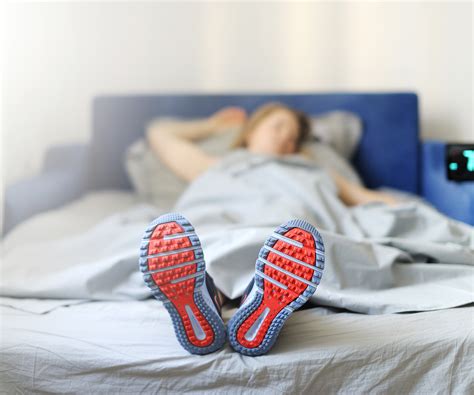
The Future of Sleep: A Smarter Path to Daily Peak
The landscape of sleep tech is continually evolving, moving towards more personalized, predictive, and integrated solutions. From AI-driven sleep coaches to advanced neurofeedback systems, the goal remains the same: to harness technology to unlock the profound restorative and cognitive power of sleep. By strategically incorporating these innovations, individuals can move beyond simply sleeping more, to truly sleeping smarter, optimizing their recovery and cognitive function for consistent daily peak performance in every aspect of life.







